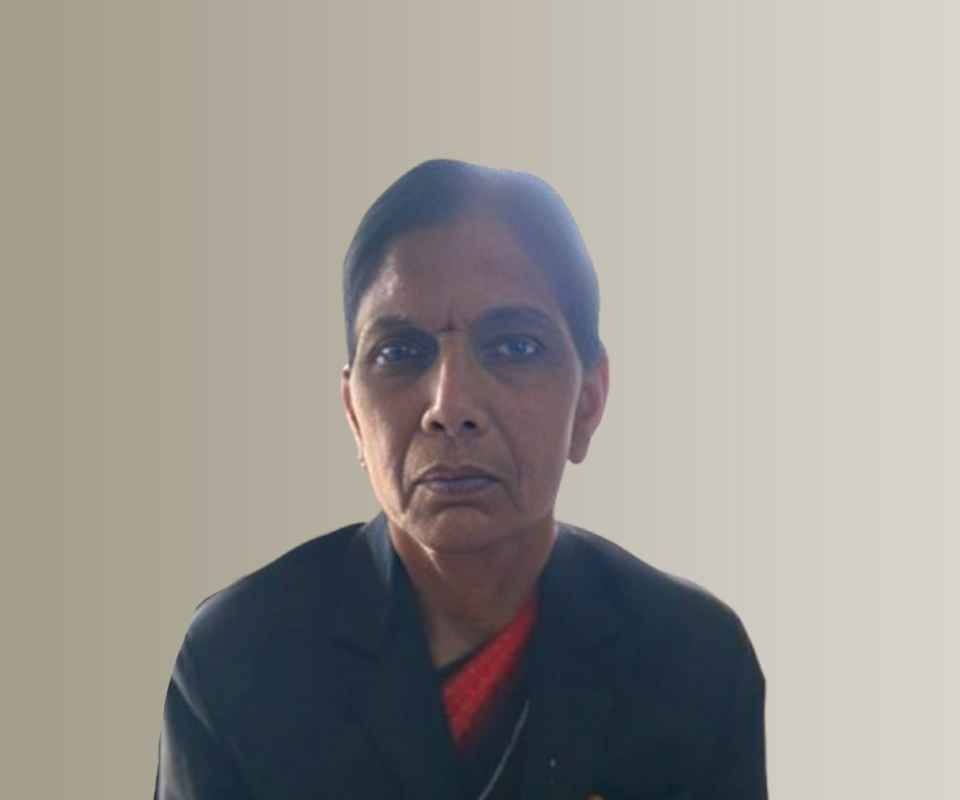Answer By law4u team
Interfaith marriages in India are often affected by personal laws, which vary according to religious communities. These laws dictate the conditions for marriage, divorce, inheritance, and other personal matters for individuals belonging to specific religions. However, when individuals from different religions marry, they may encounter several legal challenges and complexities.
Personal Laws and Their Impact
Hindu Marriage Act, 1955: This law governs marriages among Hindus, Buddhists, Sikhs, and Jains. In case of an interfaith marriage, the non-Hindu partner may face difficulties, particularly if they do not convert to Hinduism. Under this act, a Hindu cannot marry a non-Hindu unless the non-Hindu partner converts, which can create challenges in an interfaith marriage.
Special Marriage Act, 1954: This law allows individuals from different religions to marry without converting. The couple must marry under this act and register the marriage with the district registrar. It is often seen as a more neutral law that does not enforce religious conversion, providing a legal framework for interfaith couples.
Religious Conversion: In some cases, religious conversion may be required for the marriage to be recognized under personal laws, particularly when one partner wants the marriage to be governed by a specific religious law. This issue can be a source of tension for interfaith couples.
Challenges in Marriage Registration: Interfaith couples may face difficulty in getting their marriage registered under the Hindu Marriage Act, as it applies only to those who are Hindu. The Special Marriage Act, however, offers a solution but still may face bureaucratic or social hurdles.
Legal Protections and Rights: While the Special Marriage Act provides protections and recognition to interfaith marriages, it does not always offer the same level of social acceptance, and couples may face familial or societal resistance. However, the legal system in India provides rights such as inheritance, joint property ownership, and maintenance for couples married under the Special Marriage Act.
Example
For example, if a Muslim man marries a Hindu woman under the Special Marriage Act, they can continue to follow their respective religions without the need for conversion. However, their marriage will be recognized legally, granting them equal rights, including inheritance, divorce, and property rights. If they chose to marry under the Hindu Marriage Act, the woman would need to convert to Islam, which may not be an ideal option for her.
Conclusion
Interfaith marriages in India can be legally complex due to the impact of personal laws. While the Special Marriage Act offers a secular and inclusive approach, personal laws often complicate matters by requiring conversion or limiting legal rights for interfaith couples. It is important for individuals in interfaith marriages to be aware of their legal rights and the implications of their marriage under the relevant laws.






